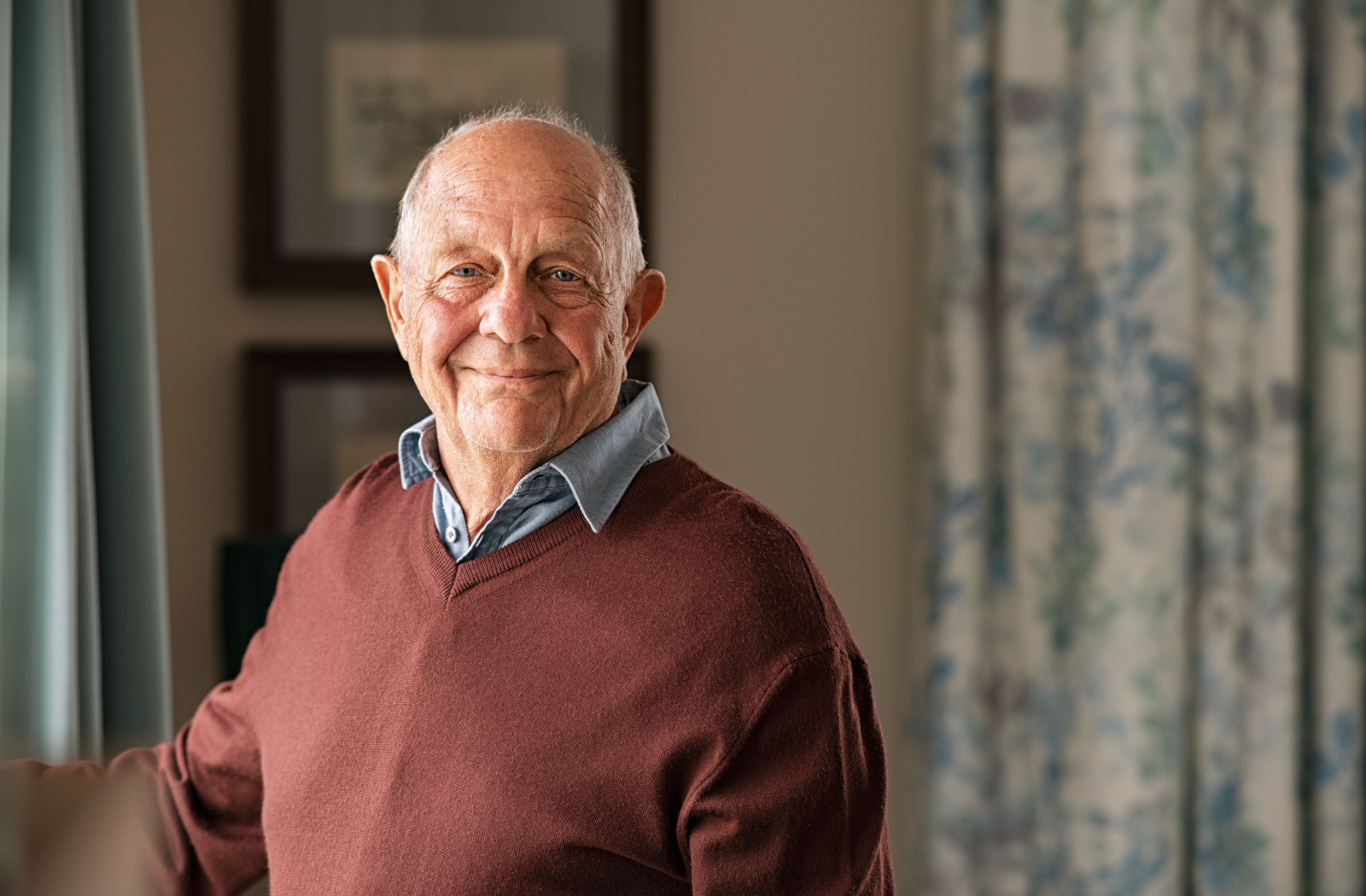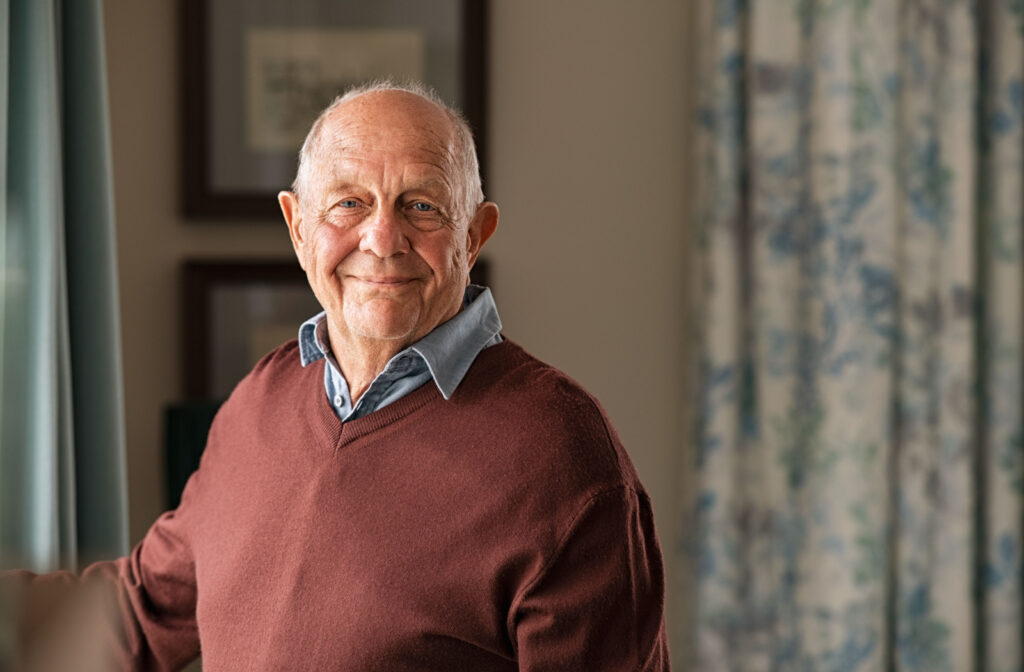Life can be full of unexpected challenges. The senior years, while full of wisdom, memories, and joy, can often present some challenges and new health concerns—like hallucinations. What causes these?
There are a few things that can cause hallucinations in seniors, including:
- Side effects from medication
- Memory impairment
- Sleep deprivation
- High stress
To better support our older loved ones, it’s essential to understand the challenges they may face, and how we can help.
1. Side Effects from Medication
Age often comes with a few health concerns here and there. Fortunately, the world of modern medicine is on our side, and many of these can be treated with medication.
While medication can be beneficial, some types can have side effects, such as hallucinations. If you have a senior loved one who recently switched to a new medication, it’s a good idea to keep a close eye out for them. Don’t hesitate to reach out to a healthcare professional if you start to notice anything unusual.
2. Memory Impairment
Most neurodegenerative disorders, like dementia and Alzheimer’s disease, fall under the category of memory impairment. These conditions slowly begin to change how the brain functions. Short-term memory starts to decline, and eventually, long-term memories are affected.
As these conditions progress, seniors may begin to experience hallucinations. They may see somebody they’ve lost or think they’re currently living at a different time in their lives. This can be confusing and distressing for your loved one and yourself.
Cognitive impairment can be complicated to deal with if you don’t have proper support. Memory impairment directly affects the brain’s ability to process information and can often cause behavioral changes. Fortunately, there are memory care communities designed to support seniors experiencing memory impairment. In a memory care community, your loved one can live in a safe and supportive environment with a team of trained caregivers, and receive care that’s tailored to their needs.
3. Sleep Deprivation
Sleep might just be one of the most important things in this world. It plays a significant role in keeping us healthy, and when you don’t get enough of it, things can go wrong pretty fast. In fact, sleep deprivation is a serious medical concern. It can often lead to:
- Irritability and mood swings
- Difficulty with memory and concentration
- Increased likelihood of accidents or errors
- A weakened immune system, with the potential for frequent colds or infections
- Persistent fatigue and low energy levels
And in severe cases, sleep deprivation can begin to cause hallucinations. This makes it essential to help your loved one build a proper sleep routine.
It can help to:
- Encourage a consistent sleep schedule, which means going to bed and waking up at the same time each day
- Promote a bedtime routine that helps to wind down, like reading a book, listening to soft music, or taking a warm bath
- Make sure their sleeping environment is quiet, dark, and at a comfortable temperature
- Discourage afternoon naps, or recommend that they keep naps short and early in the day
- Encourage regular daily exercise, but not too close to bedtime as it may disrupt sleep
- Encourage them to have a light dinner a few hours before bedtime
4. High Stress
Stress can be a problematic thing if it’s left unaddressed, and it can often affect seniors more seriously than younger folks. Periods of high stress can cause several health problems, like:
- High blood pressure
- Heart disease
- Obesity
- Depression
- Anxiety
- Sleep problems
In some cases, extreme stress can eventually lead to hallucinations. Stress affects almost every part of the body in one way or another, so it’s crucial to manage it. You can support your loved one in times of stress by listening to their concerns, finding out how you can support them, and creating a calm and comforting environment for them.

What to Do When a Loved One Hallucinates
If your senior loved one experiences frequent hallucinations, it’s important not to panic. Remember, you’re not alone in this. It can help to look for professional care—like the care we provide at Yorkshire of Edina. Our team of experienced professionals understands the challenges that you’re facing, and we’re here to provide compassionate and personalized care for your loved one. Schedule a tour with us today to see how we can help.



